Well, that race did not go to plan. On Saturday morning, I set off to run 278 miles (just under 300K) along Wainright’s Coast-to-Coast route.
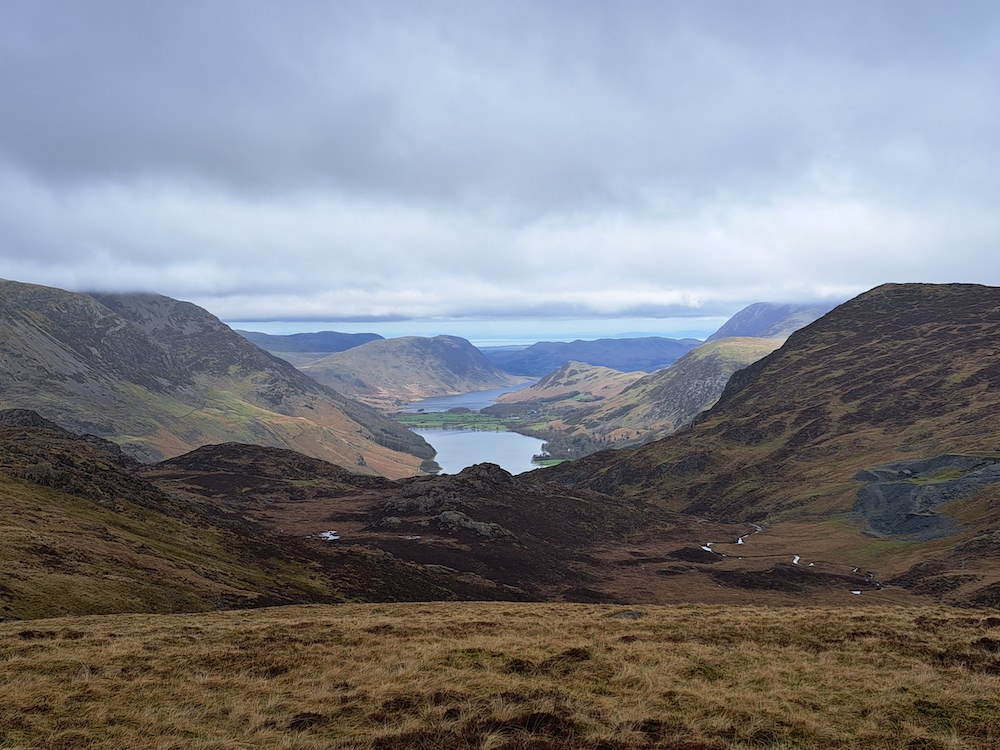

Well, that race did not go to plan. On Saturday morning, I set off to run 278 miles (just under 300K) along Wainright’s Coast-to-Coast route.
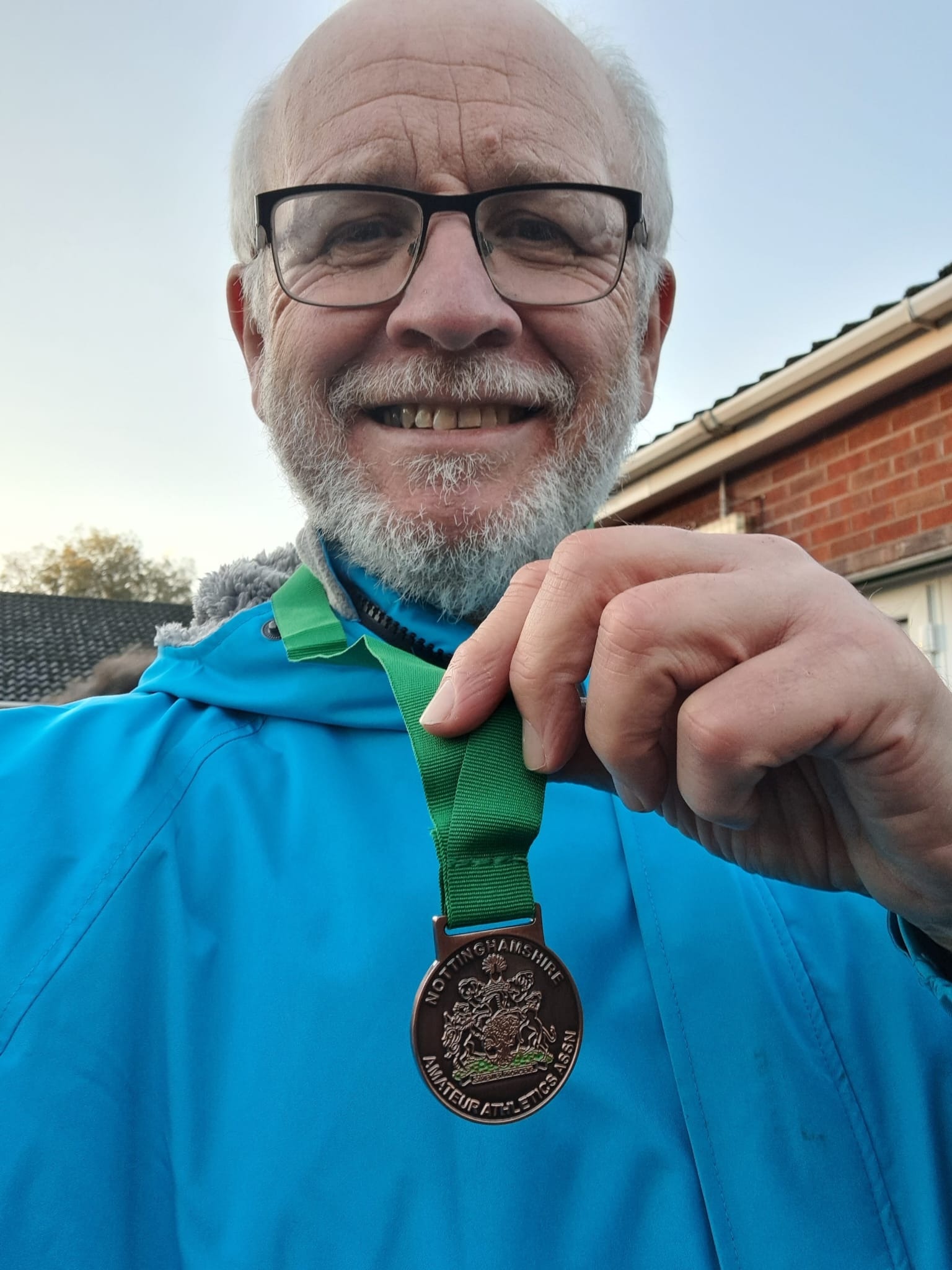
In the run-up to Christmas, I had a sore throat and then a cold – so I kept away from people as much as possible and wore a mask when travelling back from Australia to home. I also dropped my running down to just 3 to 5 slow kilometres a day and had a lovely, quiet Christmas Day and Boxing Day with my family. However, on 27 December, I tested positive for Covid. I suspect I caught it Christmas shopping on 23 or 24 December. So, I isolated until I tested negative, which was yesterday. I took a short solo run each day to keep my streak running. On 30 December my streak reached four years, but my run that day was another solitary run, modest in both distance and pace.
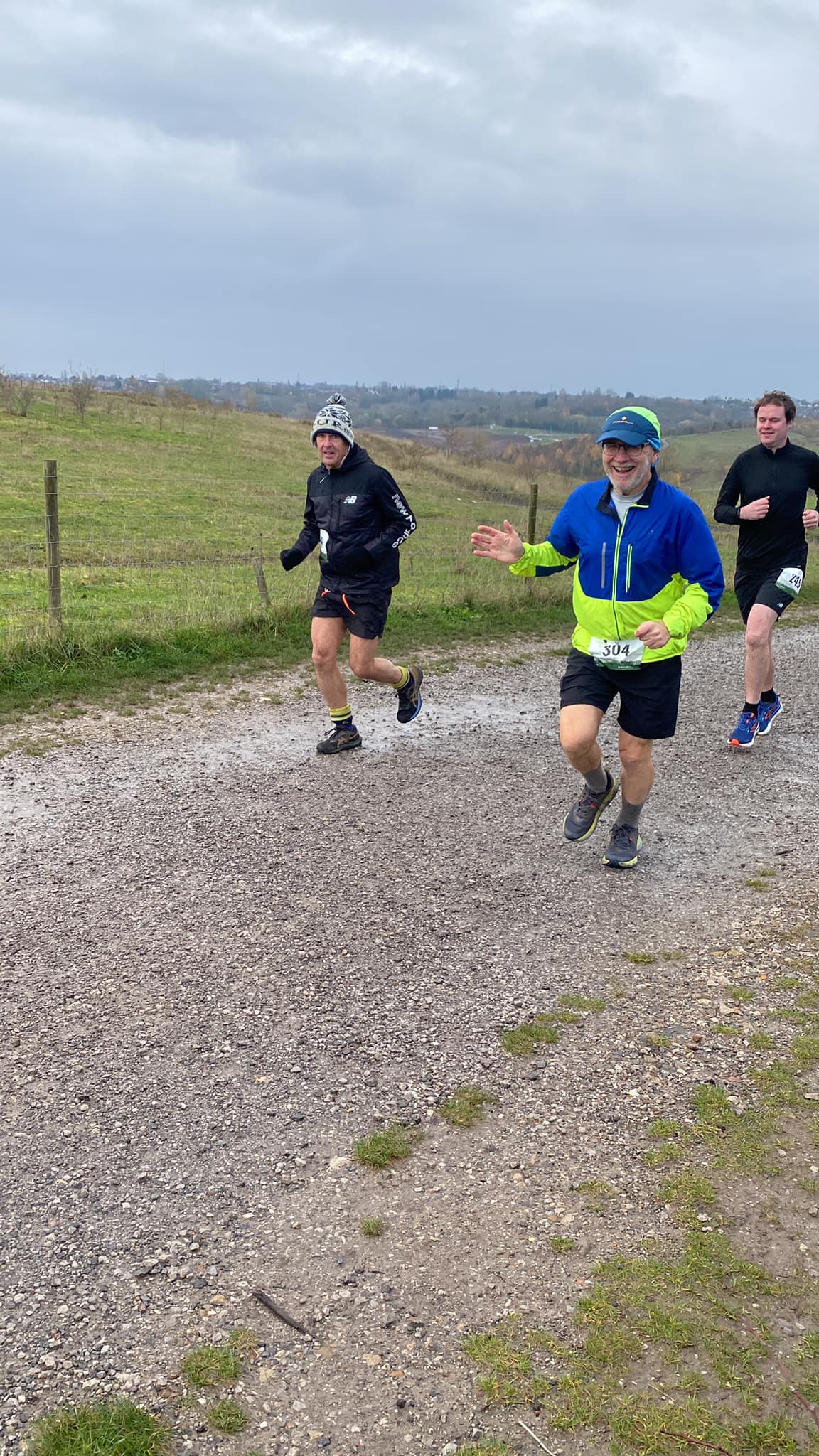
Today, I have now completed four years of running every day, or streaking as it is often called. This year I managed to run 4458 km (2770 miles), which is an average of 12km a day (about 7.5 miles). My total would have been a bit higher, but 2022 finished with two weeks of cold and one of covid – so that was three weeks of solo runs of about 3 to 5km at a very steady pace.
Why Streak?
People often ask me why I run every day. My main reason is that I feel it gives me a sense of control. Every day, even when my day is jam-packed, with things beyond my immediate control, the process of making sure I find time for my run returns a bit of control to me. Of course, it helps that I actually enjoy running.
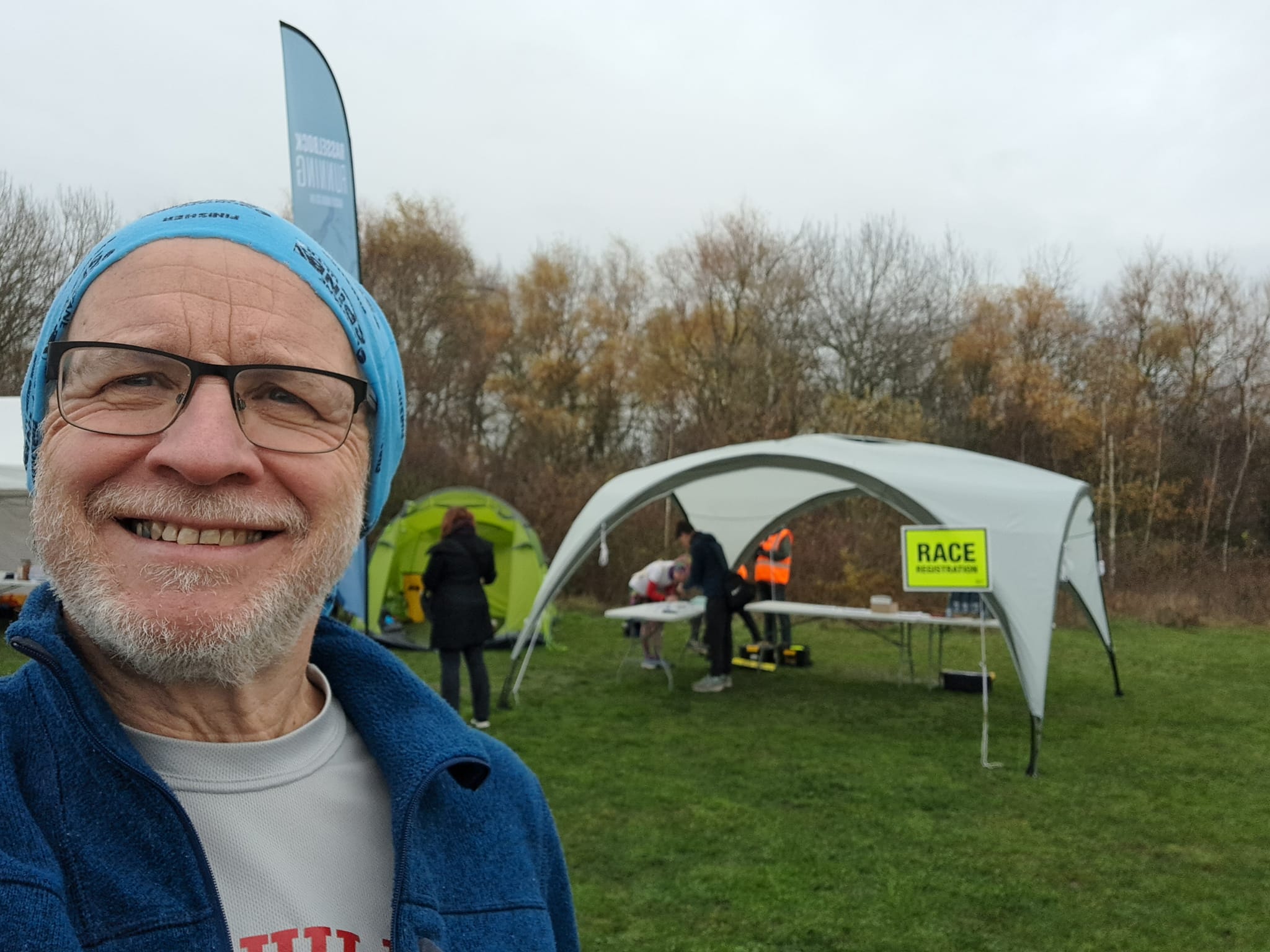
On Sunday, I took part in a very different event from the 10km cross-country race I did on Saturday, see a post about Saturday’s race here. Sunday’s race was set up to see how many 5.4km laps of a hilly course the participants could complete in six hours.
The race started at 10:30am and we had to finish whole laps before 4:30pm. A total of 68 participants started the race, and we were a good mix of types. Some people just intended to do one or two laps, several were aiming to do four laps (a bit more than a half-marathon), some were looking to see how far they could walk in six hours, and others were running to see what they could do in six hours.
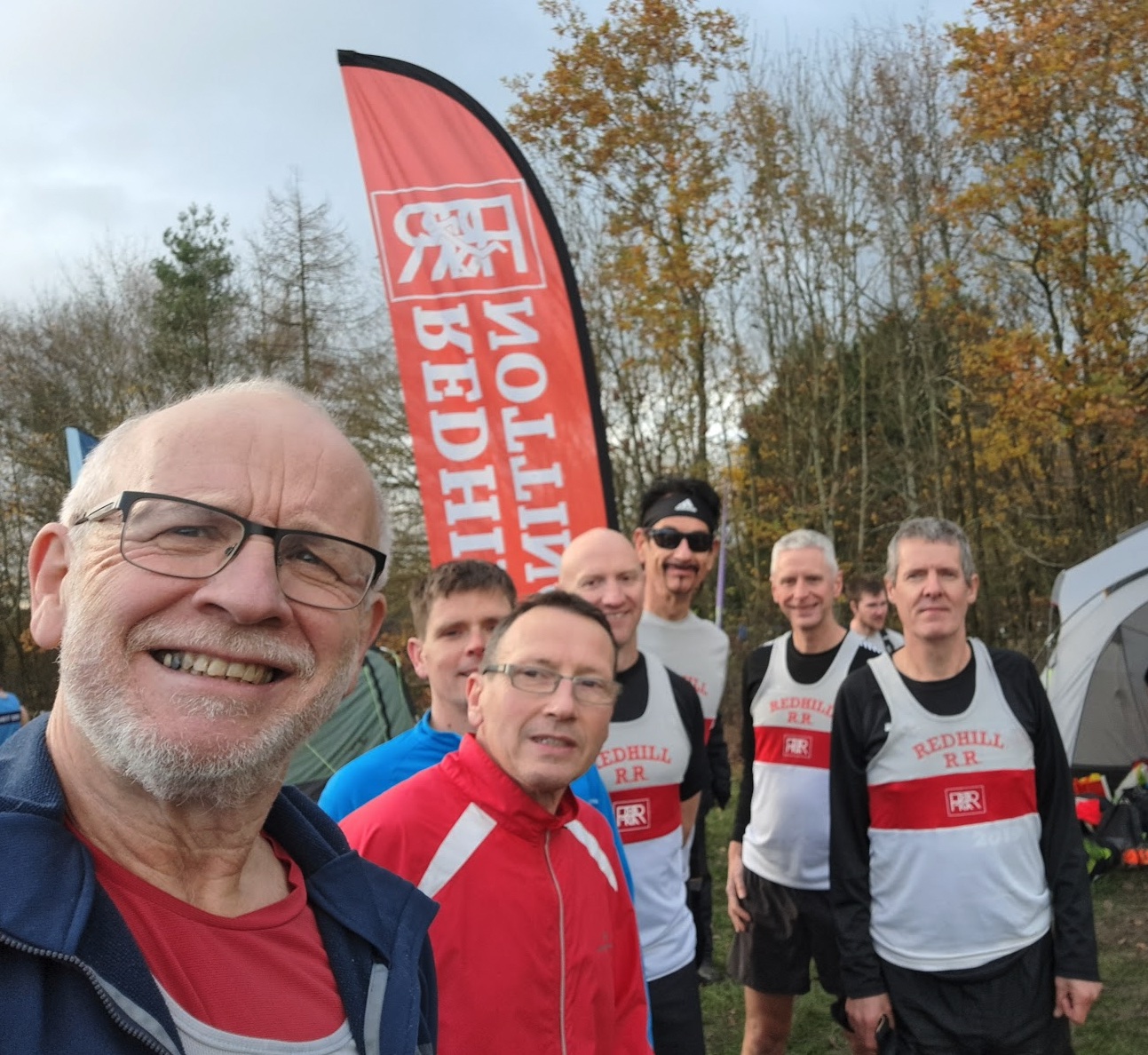
Today I ran in a low-key cross-country event at Shipley Park in Derbyshire, organised as part of the North Midlands XC League. These events have races for juniors and seniors, men and women. The running clubs enter, so there is no charge for the individuals who run, and everyone who wants to run can run (there are no selection criteria). We don’t even wear numbers. In the men’s race, we all start together and when we finish we are given a token with a number on it showing which position we finished in. We give the token to somebody from our club who tabulates the results and hands the results and the tokens back to the organiser. I was 169th today, but it will be a few days before I know how many people were in the race and before I know how I did in my age category.
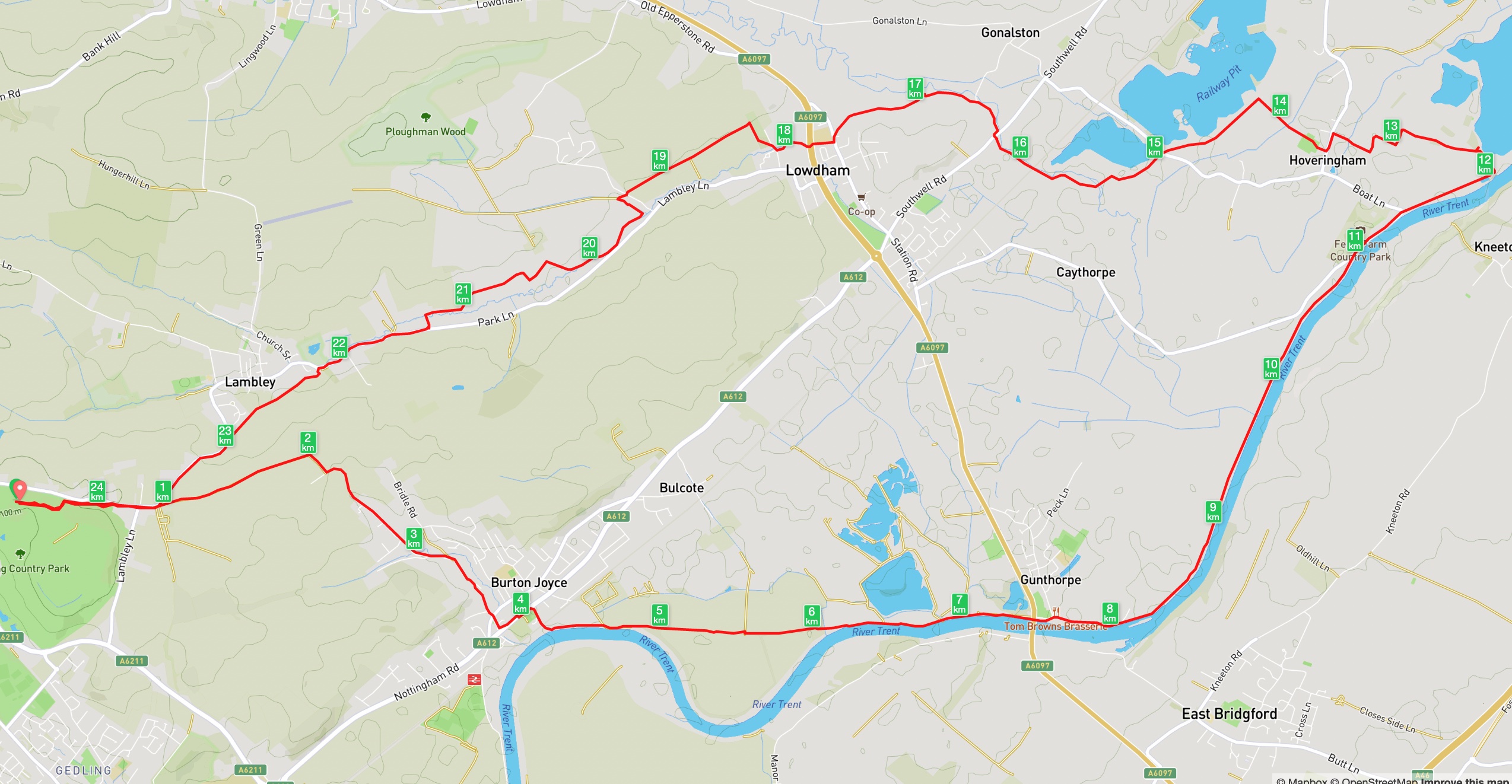
Low heart rate running has become very fashionable over the last few years, and I have certainly found it suits me. You can read more about it from Phil Maffetone here and about the 80:20 rule here. The essence of the low heart rate method is that you run lots of your miles slower, building up your engine and avoiding injury.
Today, with eleven fellow members of the Redhill Road Runners, I set out for a glorious three-hour, low heart rate run. Our route was almost entirely off-road, usually in mud, and occasionally in water. In addition to being a fan of approximately 80% of my running being low heart rate running, I am a fan of spending plenty of time on my feet, which is why I do quite a lot of three hour, or longer, steady runs.

Sometimes a really stark example is what you need to get a clearer view of something that you normally don’t think about. This example of a 26-story pig skyscraper producing and slaughtering over one million pigs a year has made me think about meat eating in general.
From a pig welfare point of view, this plan is probably no worse than the conditions that many pigs are kept in around the world. From an energy consumption point of view, it could be better than most intensive pig-rearing operations. From an environmental point of view, the use of waste to produce biogas is a good thing, certainly better than letting it run off into waterways (as often happens here in the UK).
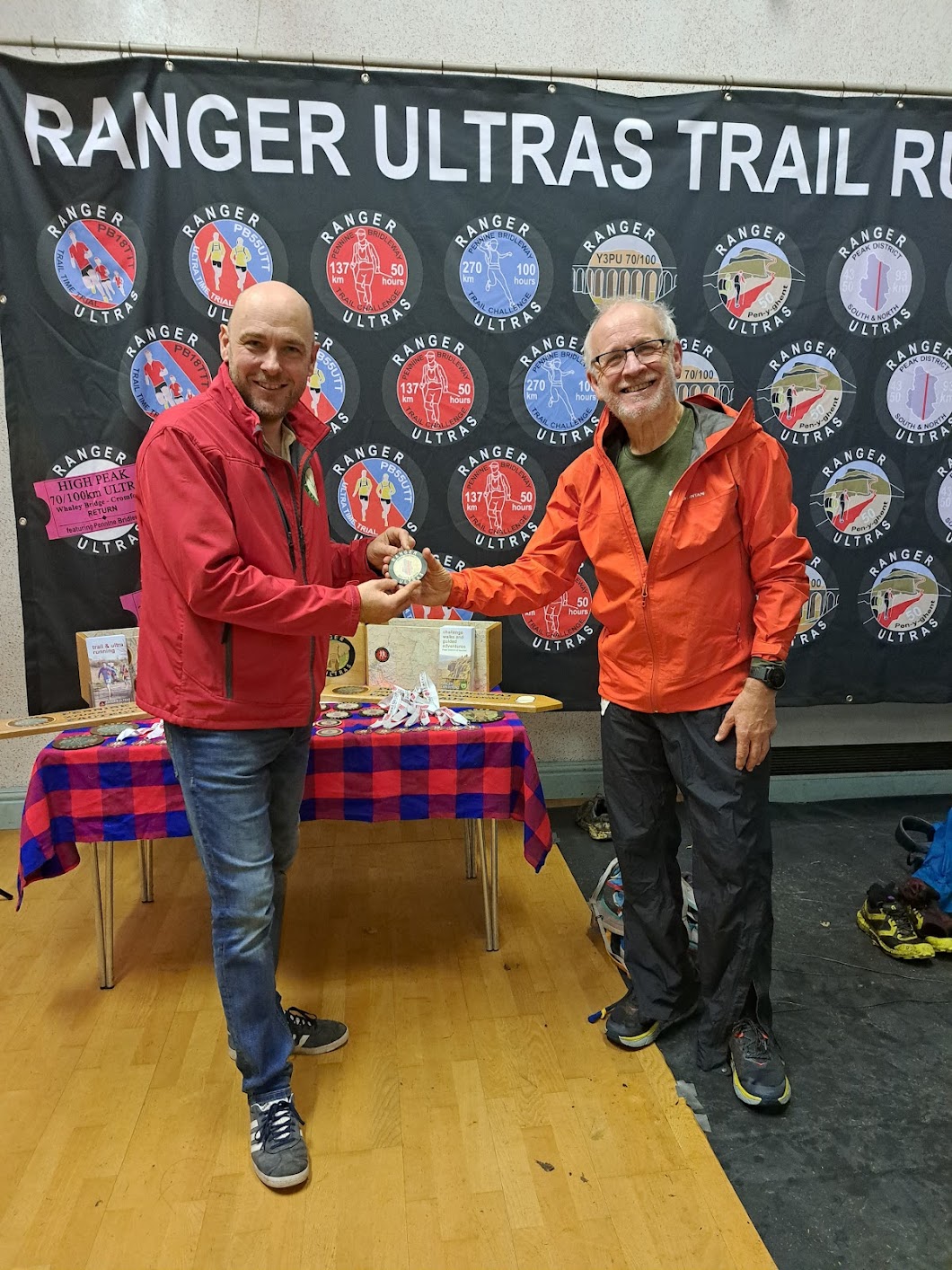
I spent the weekend having a lot of fun taking part in the Ranger Ultra South and North races. On Saturday, the race was 50 km from Ashbourne to Edale, on relatively easy paths and terrain. Sunday was a much more demanding 43 km from Marsden to Edale, down the Pennine Way, taking in Black Hill, Bleaklow, and Kinder Scout (not to mention plenty of bogs and streams made deep by the recent rain). The race can be treated as a two-day stage race, or people can enter just Day 1 or Day 2. Day 1 is a great introduction to participating in ultras. Day 2 is shorter, but you need some mountain skills to be safe on the terrain, and Day 2 takes most people longer to complete than Day 1 (typically from 30 minutes to 2 hours longer, despite being shorter in distance).
This event is a really well-organised event with some of the best helpers and definitely the best sweepers of any event I take part in (big shout out to Pete, Suzanne, Coralie and Lizzy). The sweepers really came into their own on Day 2 when the weather turned quite nasty after sunset, with rain and even some snow. There is an interesting discussion about the relative merits of trackers versus sweepers. On multi-day events, where the racers are pretty expert in hill craft, it makes sense to use gps trackers – and it would be pretty impossible to have a sweeper. But, for events that take less than a day, and which do not have difficult time cut-offs, it can be very reassuring for less experienced runners to know there is somebody behind them who can help if necessary.
I ran this race last year and did quite well, finishing 13th out of the 37 runners who finished both days. This year I was quite a bit slower, about 25 minutes slower on Day 1 and about 90 minutes slower on Day 2.
Because I was slower this year, I had a bit of a think about why, and the implications going forward. There were no obvious reasons why I was slower this year, I am in good shape and I am not injured. I finished each day without blisters, aches and without being exhausted. The conditions on Day 1 were similar to last year. The conditions for Day 2 this year might have accounted for a few minutes of being slower, as it was harder to get through and around the bogs and streams.
Maybe I was more focused last year (I was building up for the Pennine Bridleway Challenge), maybe this year I have been doing more road races so me speed has shifted towards shorter events with easy surfaces, or maybe I just didn’t try as hard this year ????
Does it matter that I was slower this year? NO! I had two really good days on the fells, seeing lots of my running friends and meeting new people. A few years ago this would have been a very good time for me (I am faster now than I was, ten, twenty and thirty years ago). There will be a time in the future (I hope the distant future) when I would love to run as fast as this, or to be able to run at all. I am running in the middle of the pack, and that is still pretty good.
Over the next few months, I will keep an eye on my speed and see whether it is indeed dropping. I have been meaning to do more conditioning/strength work, so now I have something to help remind me of the need to get on with it. I think I will run better if I lose 5kg to 10kg over the next year. I have felt this for a few months – but I need to action it.
However, I am not going to beat myself up about running slower this year. I am lucky to be able to do what I do (in terms of time, cost, health, opportunity etc), so I will appreciate what I have (and try to train a bit smarter and harder).
If you are interested in trying out ultras in the fells, check out the Ranger Ultras website – there are events to suit every level.
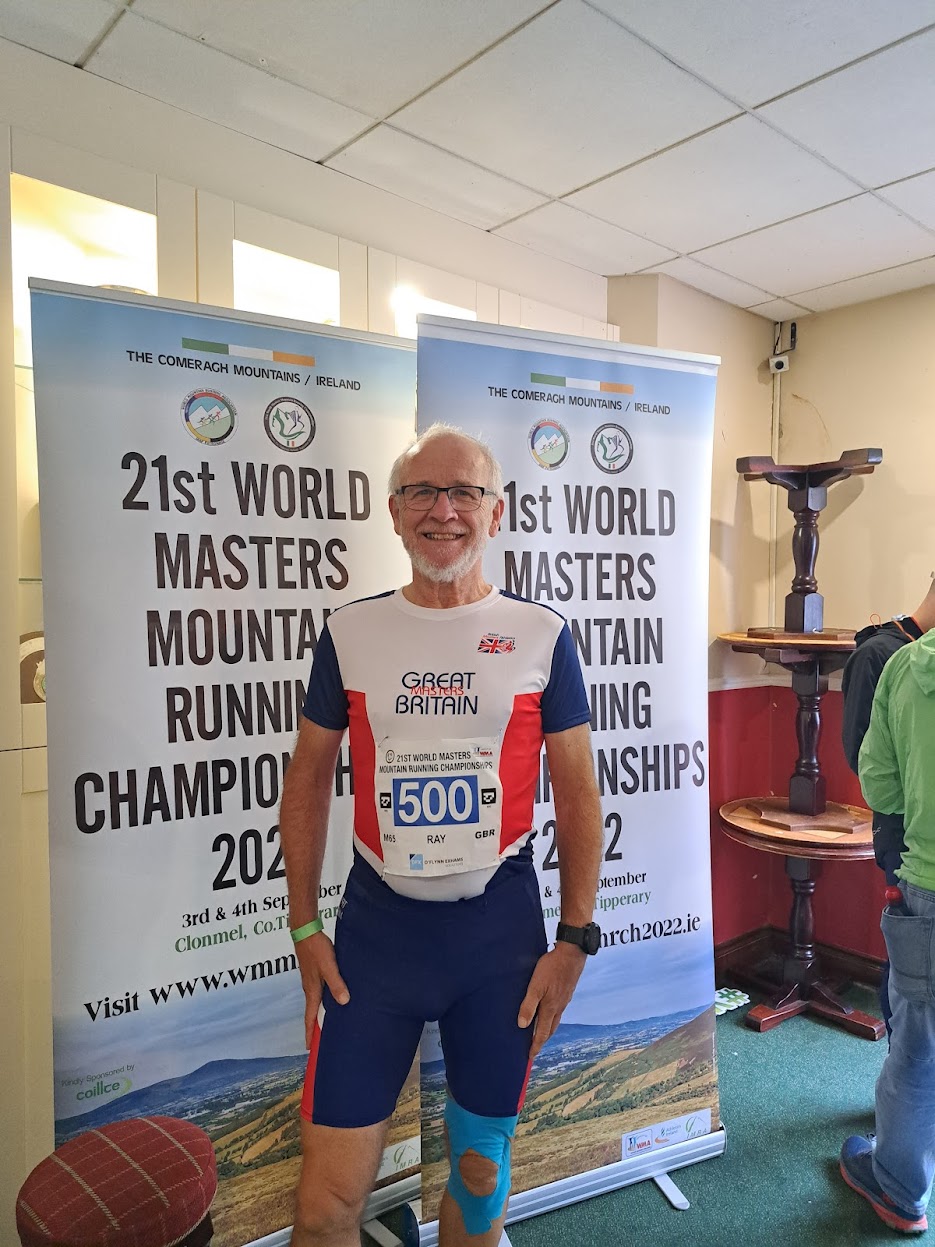
On Saturday, 3 September, I participated in the World Masters Mountain Running Championship in Clonmel, Ireland. I took part because I wanted to experience a World Masters event, and I wanted to find out if I was good enough to take part in events at this level. I have been to Ireland before, but every previous trip has been to Dublin, so this was a great chance to see more of the country.
The event was quite a big affair. On Saturday, there was the World Masters race and an open race on Sunday. In the World Masters event, there were over 400 runners from a wide range of countries, including Japan and the USA. Because I made my mind up to take part quite late, the local accommodation was booked, and I ended up staying about 30 minutes away from the event (by car).
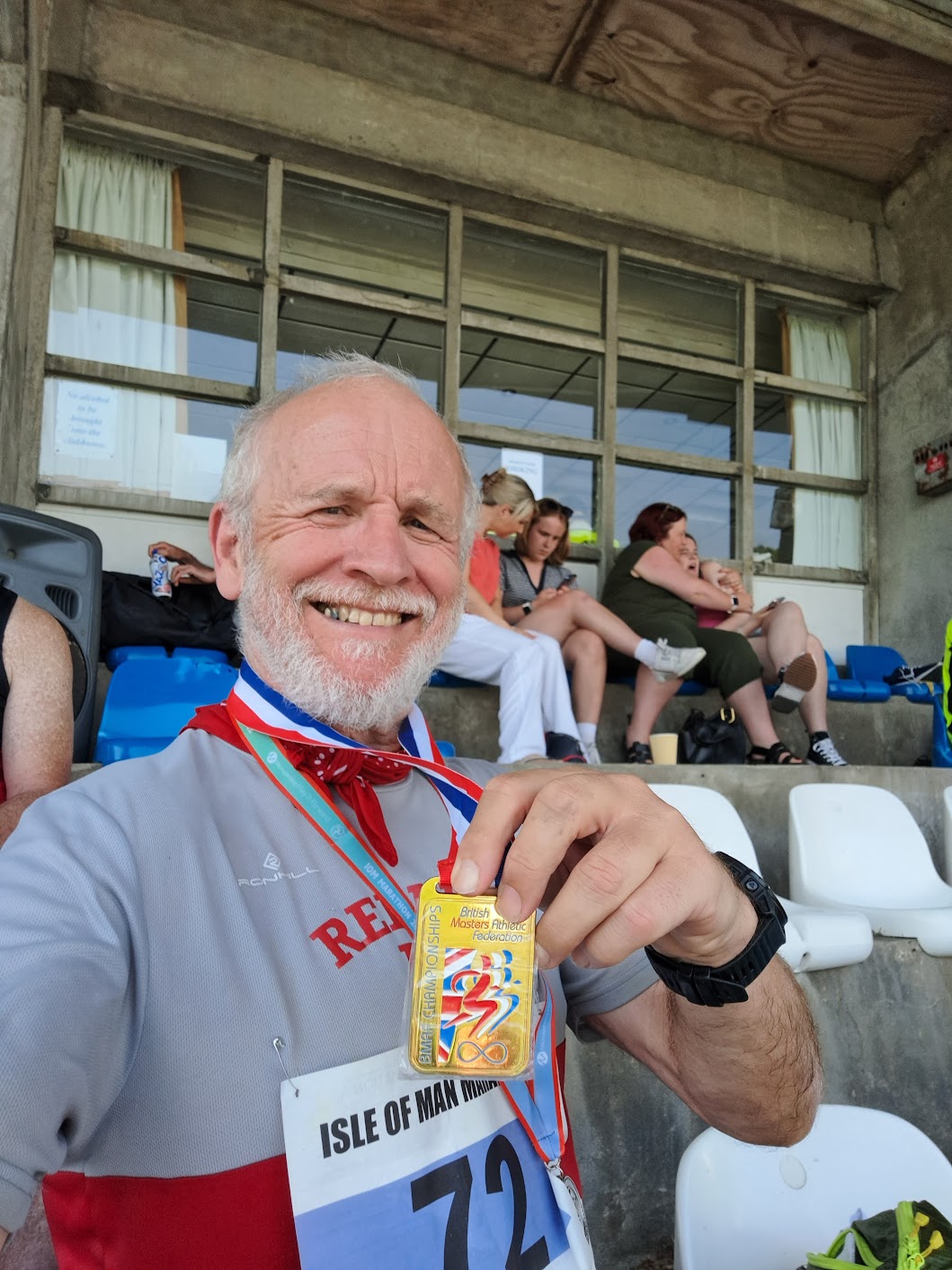
I had a very enjoyable running time during the week commencing Sunday, 14th August, so I thought I’d share it.
Sunday 14th was the British Masters Marathon, which was held as part of the Isle of Man Marathon. In the context of running, Masters refers to runners 35 and older. In terms of this race, the age categories were in five-year intervals, so I was running in the 65 to 69 age group.
By continuing to use the site, you agree to the use of cookies. more information
The cookie settings on this website are set to "allow cookies" to give you the best browsing experience possible. If you continue to use this website without changing your cookie settings or you click "Accept" below then you are consenting to this.